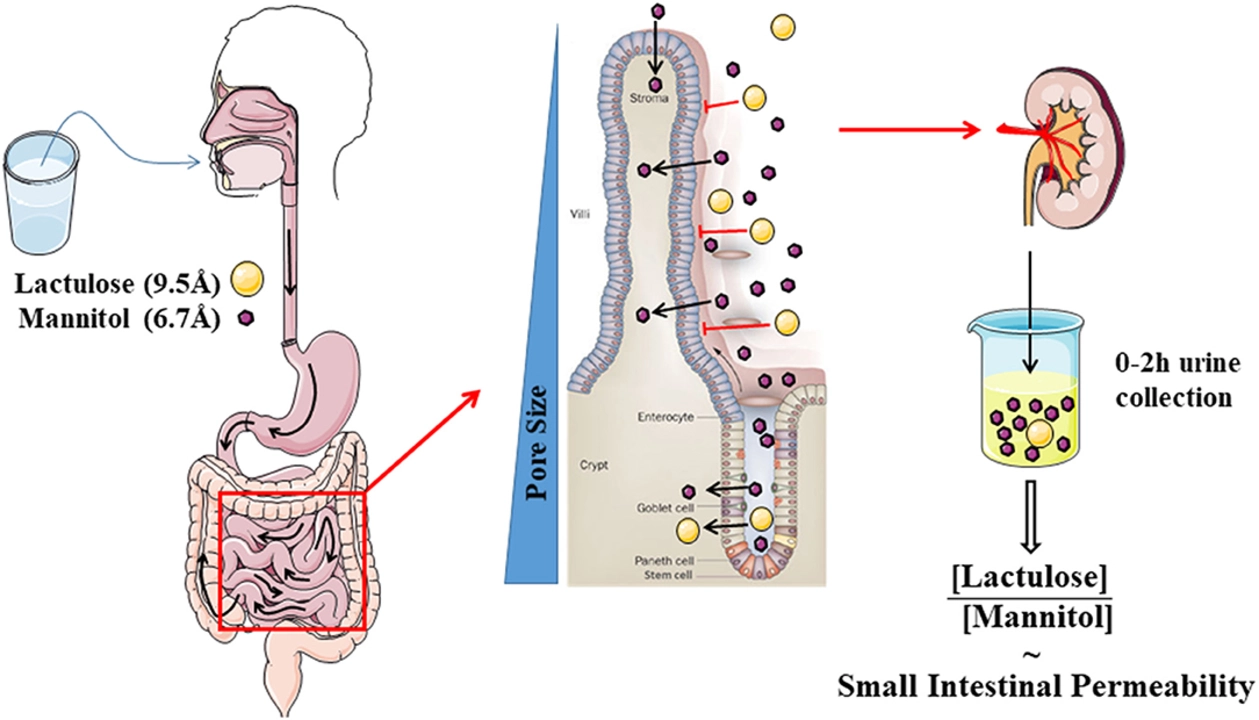Soil-Transmitted Helminthiasis: Everything You Should Really Know
Soil-transmitted helminthiasis isn’t some rare, far-off problem—these worm infections can pop up in plenty of places, even today. Picture this: tiny worm eggs hang around in soil, especially in warm climates where access to clean water and toilets is limited. When you walk barefoot, eat unwashed produce, or even just put your hands in your mouth after touching contaminated dirt, you risk picking up these parasites without a clue.
The most common troublemakers are roundworms, whipworms, and hookworms. They’re not picky; they just need a human host. Kids run the biggest risk, mainly because they play outside and wash their hands less. If your job or lifestyle has you working in the garden or with soil, or you travel to spots where hygiene infrastructure is lacking, you could be exposed too.
The weird part is, symptoms often stay mild or even nonexistent at first. But give them time, and these worms start eating away at your health. You might notice tiredness that doesn’t let up, stomach pain, or appetite loss. Some even see signs like anemia or a big belly, especially with kids in regions where infections happen a lot. Hookworms, for example, can cause blood loss that leads to weakness and trouble concentrating at school or work.
Spotting the infection means looking for eggs in a stool sample—yeah, it’s not glamorous, but it gets the job done. If you get a diagnosis, treatment is straightforward in most cases: a short course of antiparasitic medication does the trick. But don’t let that fool you into thinking prevention doesn’t matter. Re-infection happens way too often if the environment isn’t cleaned up.
Want to steer clear of soil-transmitted helminthiasis? Clean hands are your best friend—wash with soap before eating or after using the toilet. Don’t walk around barefoot, especially in unfamiliar or high-risk areas. Cook food thoroughly, scrub those fruits and veggies, and teach kids the basics of hygiene—these steps can actually make a huge difference. Wearing shoes might not seem like a health hack, but for these parasites, it’s a rock-solid defense.
Globally, these infections hit millions, mainly in regions struggling with sanitation. But cases still crop up elsewhere, especially with travel or importing contaminated produce. Even if you live in a city with strong hygiene standards, don’t brush off the risk if you’re spending time outdoors, gardening, or traveling. Simple habits can keep you and your family protected, saving a whole lot of trouble down the line.
Worried about an infection or need advice? A doctor can set you straight with the right tests and safe, proven treatment. Don’t guess or ignore strange symptoms; quick action means a faster return to normal life, no extra drama needed.
The role of albendazole in treating soil-transmitted helminthiasis
As a copywriter, I've recently come across the topic of albendazole and its role in treating soil-transmitted helminthiasis. Soil-transmitted helminthiasis is a common parasitic infection caused by worms that are transmitted through contaminated soil. These infections can cause a range of health problems, including anemia and malnutrition. Albendazole is a powerful, broad-spectrum anthelmintic medication that is highly effective in treating soil-transmitted helminthiasis. It works by killing the worms and preventing their growth and reproduction, which helps to eliminate the infection from the body. One of the main benefits of using albendazole for treating these infections is its affordability and ease of use. With just one or two doses, it can effectively treat the infection and help to improve the health of those affected. Overall, the role of albendazole in treating soil-transmitted helminthiasis is crucial in the fight against these parasitic infections. It is an essential tool for improving the health and well-being of people living in areas where these infections are prevalent.
